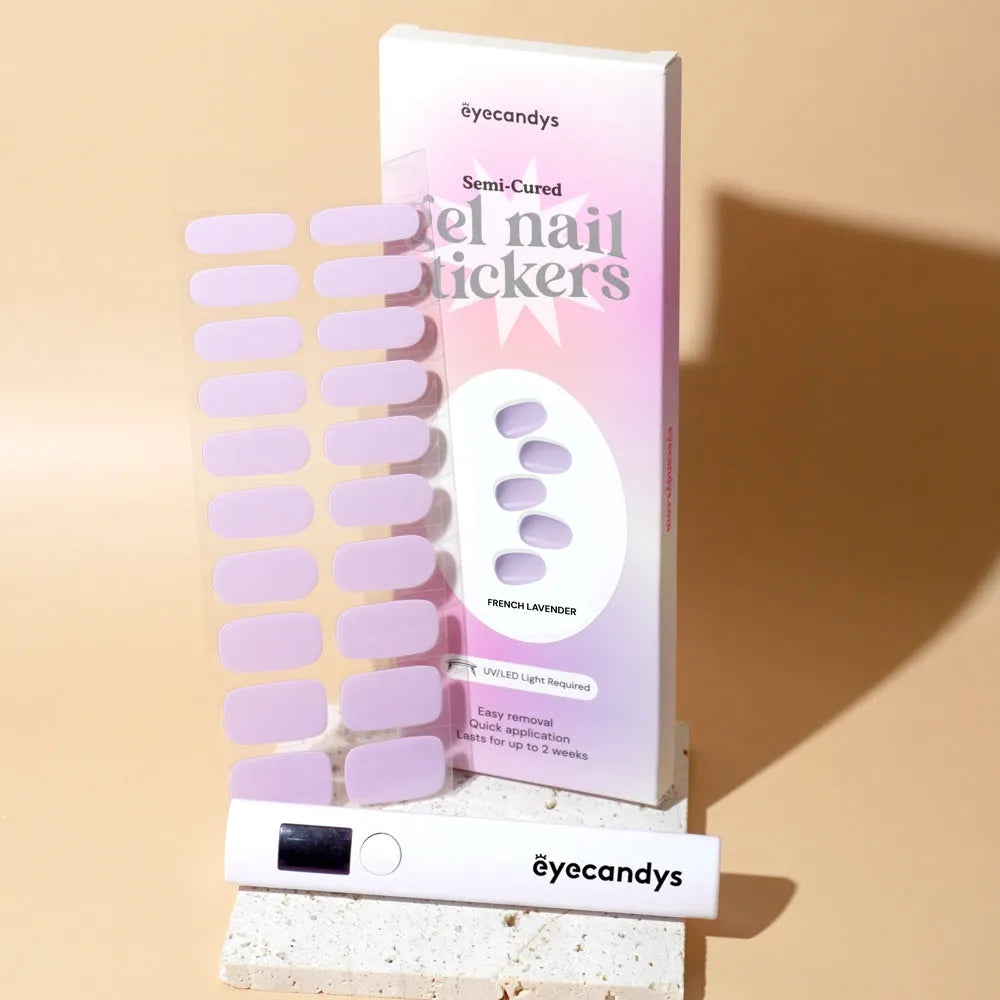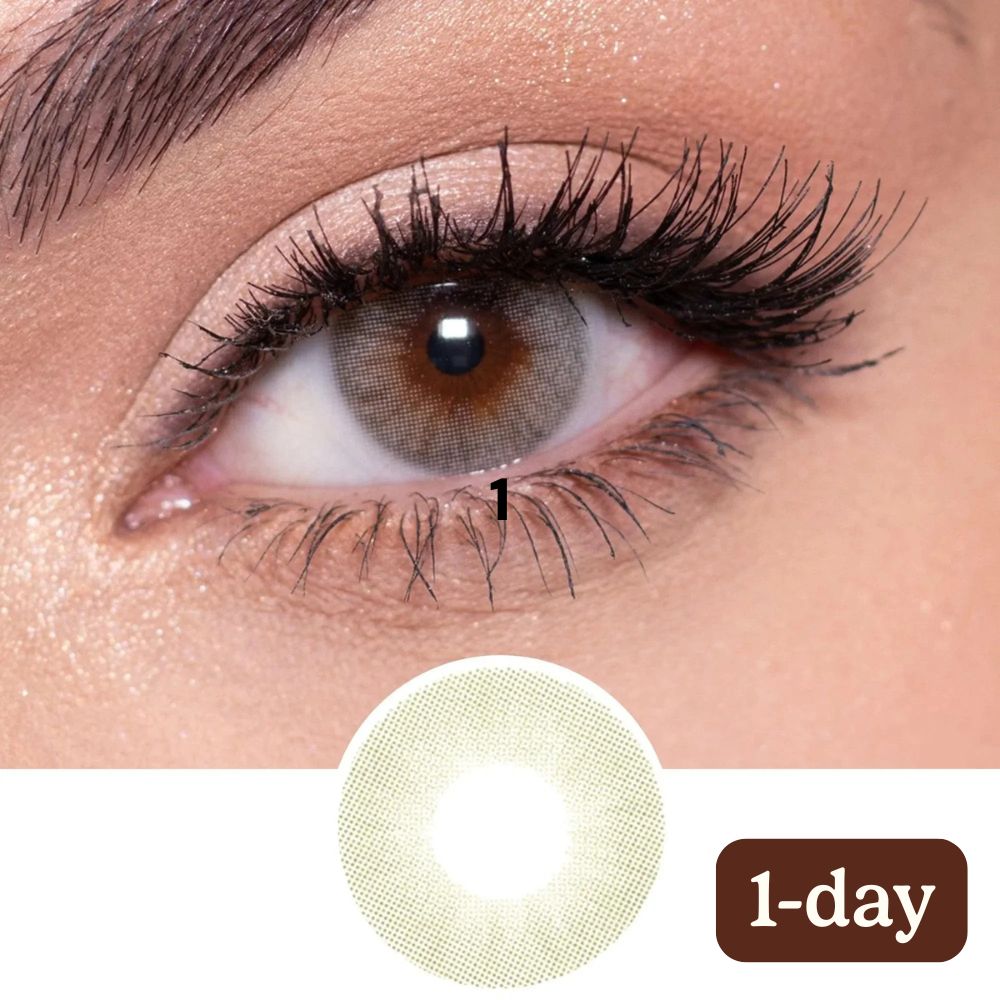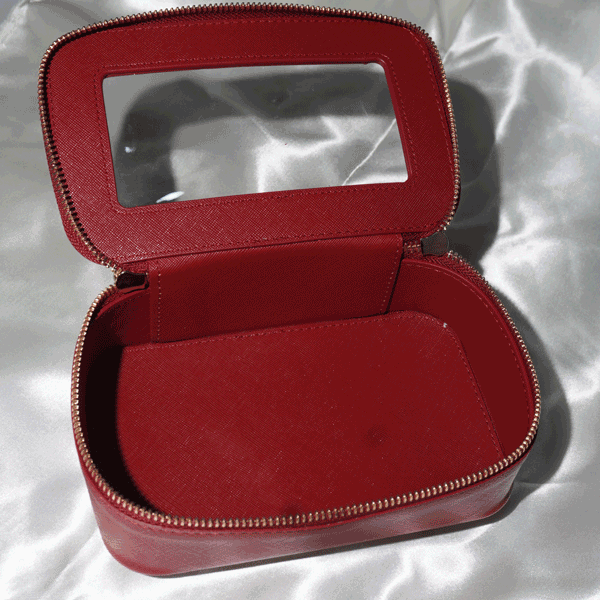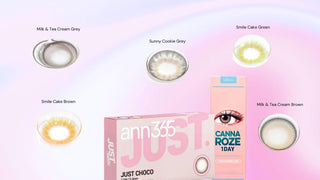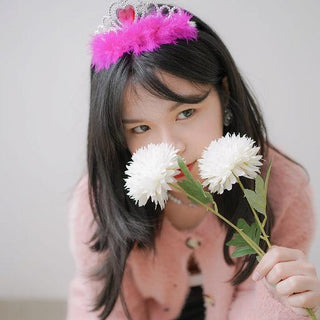Whether you simply want to enhance your eyes’ natural look or you want to look amazing for a special occasion, Korean colour contact lenses could be just what you’re looking for. Now, among your major concerns could be that most cosmetic contacts available these days are made especially for Asian eyes. How do you, as a Westerner with light-colored eyes, enhance your looks with contacts without looking odd? Read on to find out.
Choosing Korean Contact Lenses for Light-Colored Eyes
These are the most important things for you to consider when you have light-colored eyes that you want to enhance with contact lenses:
- Kind of Lens Tint – There are generally three kinds of lens tint: visibility, enhancement, and opaque. For people with light-colored eyes, enhancement tint is generally considered the best choice. As its name implies, this kind of tint is designed to enhance your natural eye color and doesn’t make it look unnatural. If you have blue eyes, for example, the tint will make the blue of your irises appear more intense.
- The Look You Want to Achieve – If your goal is simply to subtly improve the appearance of your eyes, then an enhancement tint that simply deepens the natural color of your eyes should do the trick. However, if you want to make your eyes look more stunning, you could go for brighter colors. You may want to get inspiration from the choices at http://eyecandys.com.
- The Right Color – There are times when we want to change our eye color a bit without being too obvious or looking too weird. If this is the case, you could go for complementing colors like green or gray for blue eyes. If your light-colored eyes are paired with a cool complexion and you want to achieve a dramatic look, you could go for warm tones like light brown.
Other Considerations
Aside from choosing the right contacts for your light-colored eyes, you should also make sure your eyes are always protected from potential damage. Bear these considerations in mind:
- Comfort and Safety – There’s a lot of anecdotal evidence that annual disposable lenses are more comfortable than disposable lenses that only last for a month or less, so you may want to go for these long-term contacts. If you suffer from dry eyes, you’d do well to choose contacts with higher water content to make sure your eyes are adequately moisturized.
- Specialist Advice – Colored contacts are safe enough to use, but you’ll have to get it prescribed by your eye doctor to make sure you get professional instructions on proper usage and care. This is true even when you plan to use the contacts purely for cosmetic reasons and you still have perfect vision.
- Free Trial – If you’re worried that a particular type or color of lens may not really suit you, it would be best to request for a free trial set from your doctor.
Just like regular contacts, Korean contact lenses are safe enough to use and just like regular contacts, they should also be worn with utmost care. By following the above tips, you should be on the right track.
What Are Korean Color Contact Lenses?
Korean color contact lenses are a type of cosmetic contact lens popularized by Korean fashion and beauty trends, heavily influenced by K-pop celebrities in their live performances and music videos. These lenses are designed to enhance or change the color of the eyes, offering wearers the opportunity to achieve different looks and styles. They come in a variety of colors, designs, and styles to suit individual preferences and can be used to create subtle or dramatic effects.
One of the key features of Korean color contact lenses is their vibrant and natural-looking colors, which are often inspired by popular beauty trends in South Korea. These lenses are known for their high-quality materials and comfortable wear, making them a popular choice for individuals seeking to enhance their eye color for special occasions or everyday wear. Another hallmark of Korean color contact lenses is their limbal ring, a dark outer border surrounding the central colored design. A signature of newborn babies' eyes, this gives the wearer a youthful look by making their iris appear larger, more doll-like and hence more innocent.
Korean color contact lenses are available with different types of lens tints, including visibility, enhancement, and opaque. Visibility tints are light-colored tints that make the lenses easier to see when handling, while enhancement tints are designed to enhance the natural color of the eyes without drastically changing their appearance. Opaque tints, on the other hand, completely cover the natural eye color, allowing wearers to achieve more dramatic looks. K-pop stars are known for wearing enhancement tint contacts in close-up photoshoots, such as for beauty or skincare brands. Opaque-tinted lenses are often worn in situations requiring a bolder, brighter eye color change, such as in music videos, live performances or in low, non-studio lighting conditions.
Overall, Korean color contact lenses offer a versatile and stylish option for individuals looking to experiment with their appearance and express their personal style. Whether you're seeking a subtle enhancement or a bold transformation, there are plenty of options available to help you achieve the desired look with Korean color contact lenses.
